What White People Think, a new portrait series by Kathleen Dreier, is a call of action to recognize our responsibility to be proactive social change agents.
Speaking out on a post like this feels uncomfortable. I am afraid of saying the wrong thing, but I also strongly feel like white people have to start openly talking about racism. I grew up in a predominantly white community in the northwest, with hippie-ish parents. We were progressive, politically and yet, as I grew up my understanding of racism, framed from the white-washed history I was taught in school, seemed at that time like it was some mistake, resolved in the past. Not until college, was I confronted with the reality that racism and specifically anti-black racism were not only still active in an overt manner, but in a cloaked, systemic manner as well.
When I was initially confronted with the idea of privilege in a sociology class, I got a sinking feeling in my stomach and I was instantly defensive. I grew up poor, with alcoholic parents – we struggled a lot – and I thought how could that be a privilege? A white girl two seats away voiced a similar sentiment to the class. In response, a black man in the back of the room spoke to all the white people in the room and explained, emotionally, that it doesn’t matter what your personal circumstances are, what matters is what the world thinks of you when it sees you and how it treats you because of that. That one interaction pushed me to try to understand my privilege and to work to confront my own biases. Something that I think is a lifelong journey – not something that can be checked off a list.
Still, 13 years later, after consuming tons of literature documenting systemic racism and documenting the experience of being black in America, that sinking feeling comes up sometimes. But the truth is, I am complicit if I let that feeling block out what I need to learn. Without discussing this discomfort in ourselves and in our communities, nothing will change.
Since George Flloyd’s murder, I find that more of my white friends are willing to wade into the conversations about race. This is so critical, but it is also painful. Pain exists, that we have not had to acknowledge as white people, and we have to recognize that we cannot understand it and more importantly we should work actively to not dismiss it. We have to hold each other accountable to be better, to learn, to be open, and to confront each other’s complicity in the systems that hold people down.
I recently, re-read Robin DiAngelo’s White Fragility: Why It’s So Hard for White People to Talk About Racism and it really challenges white people who think they understand to not just try really hard to look like they aren’t racist, but rather look at themselves and their communities and confront patterns that perpetuate racism. DiAngelo writes, “It is white people’s responsibility to be less fragile; people of color don’t need to twist themselves into knots trying to navigate us as painlessly as possible.†We are going to make mistakes along the way, but we have to be willing to do that. We have to be willing to be uncomfortable or nothing will change.


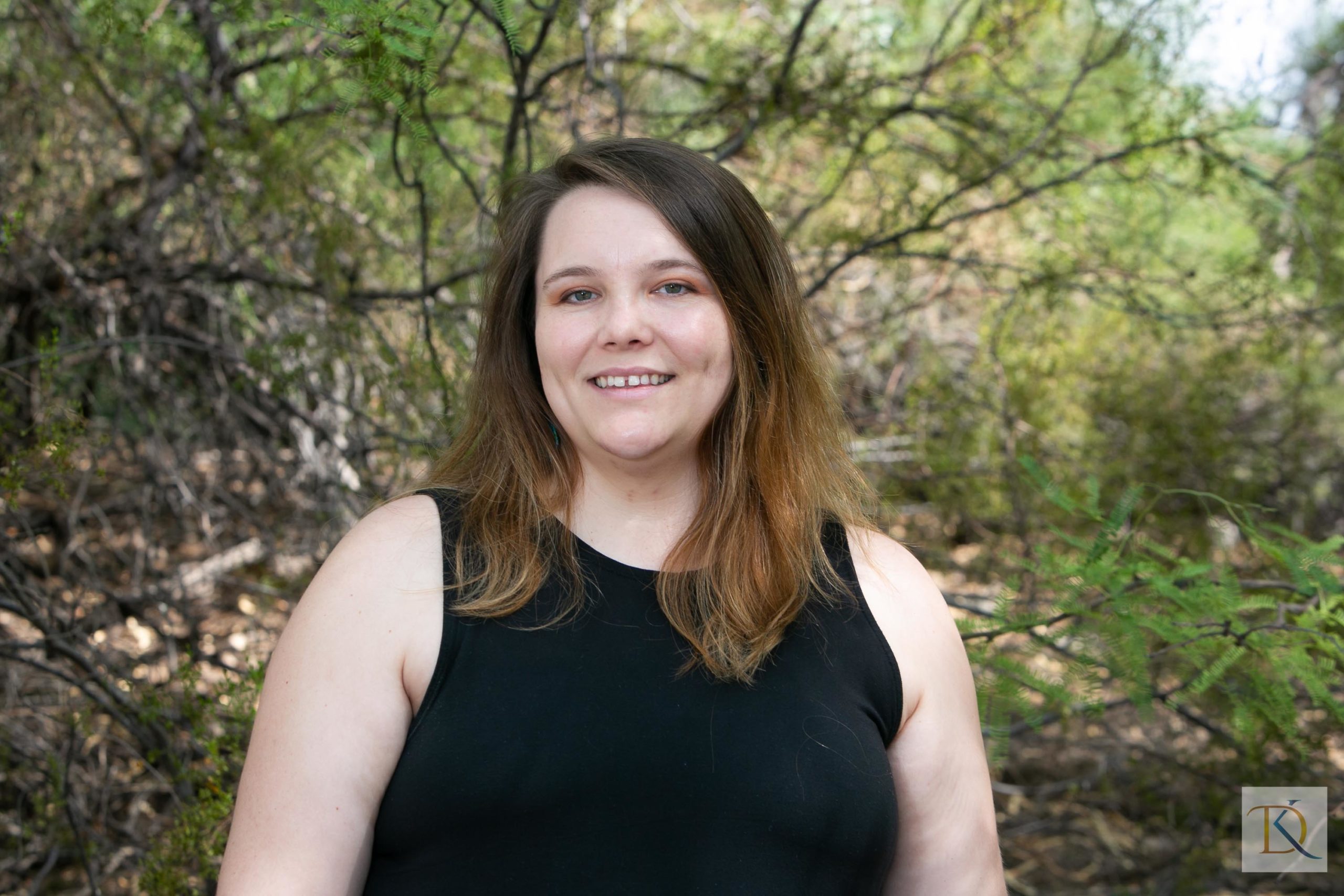
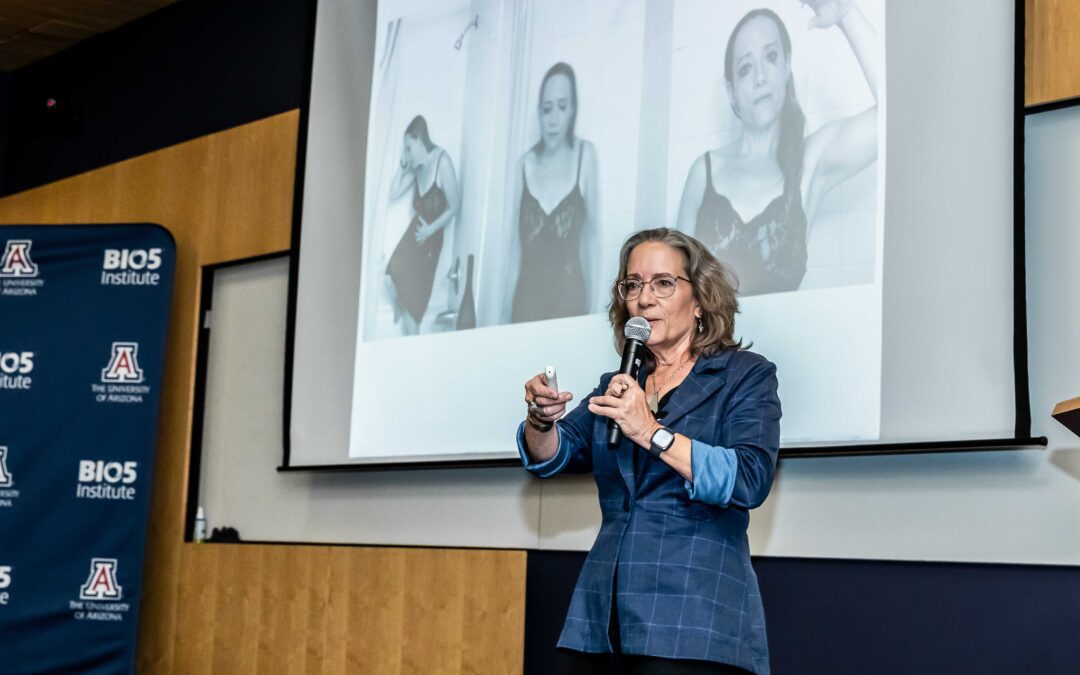
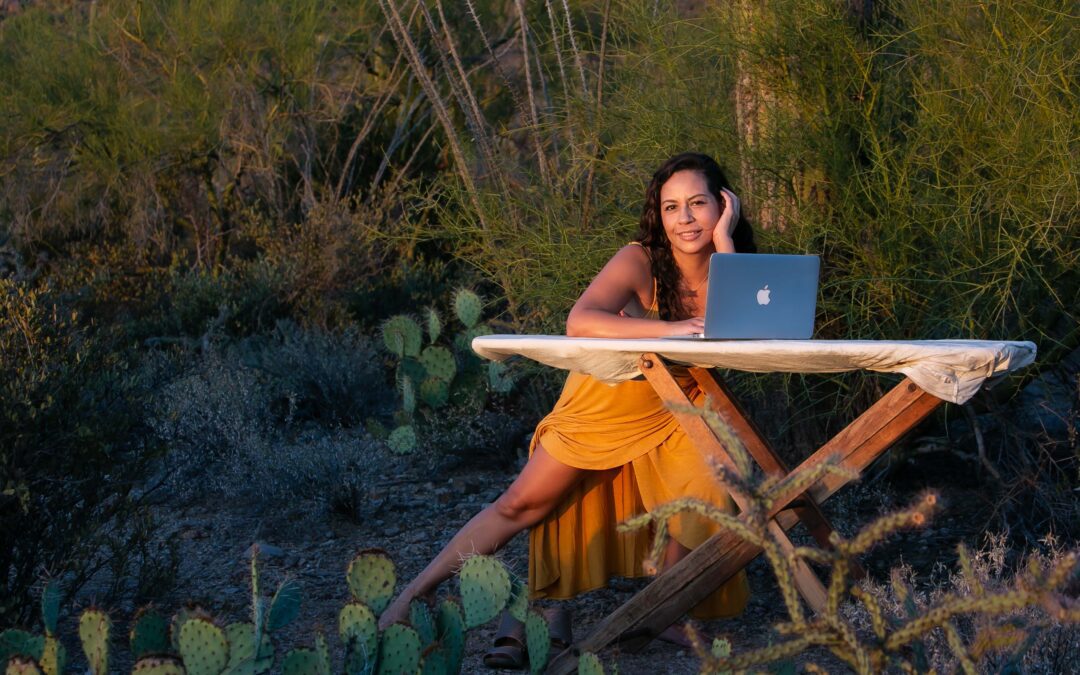
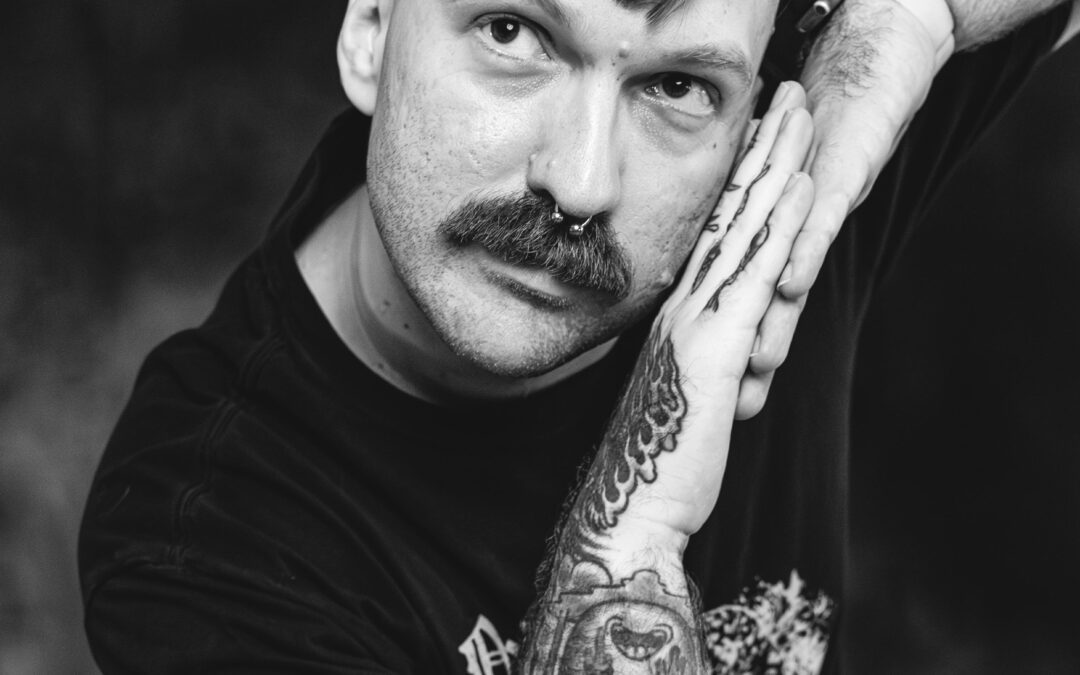
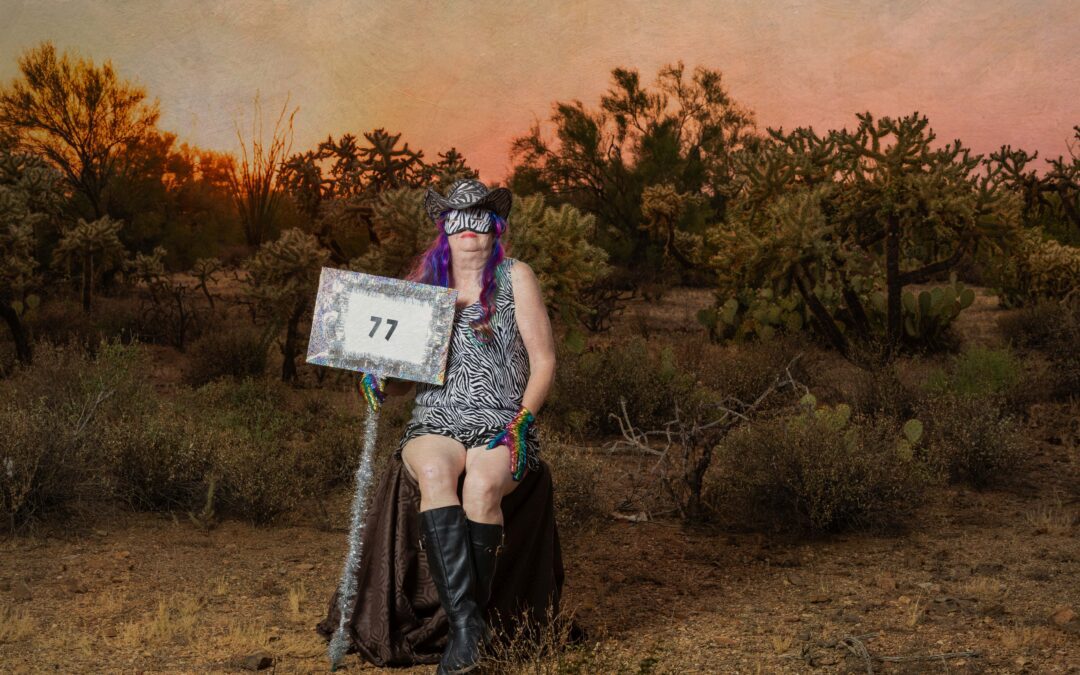
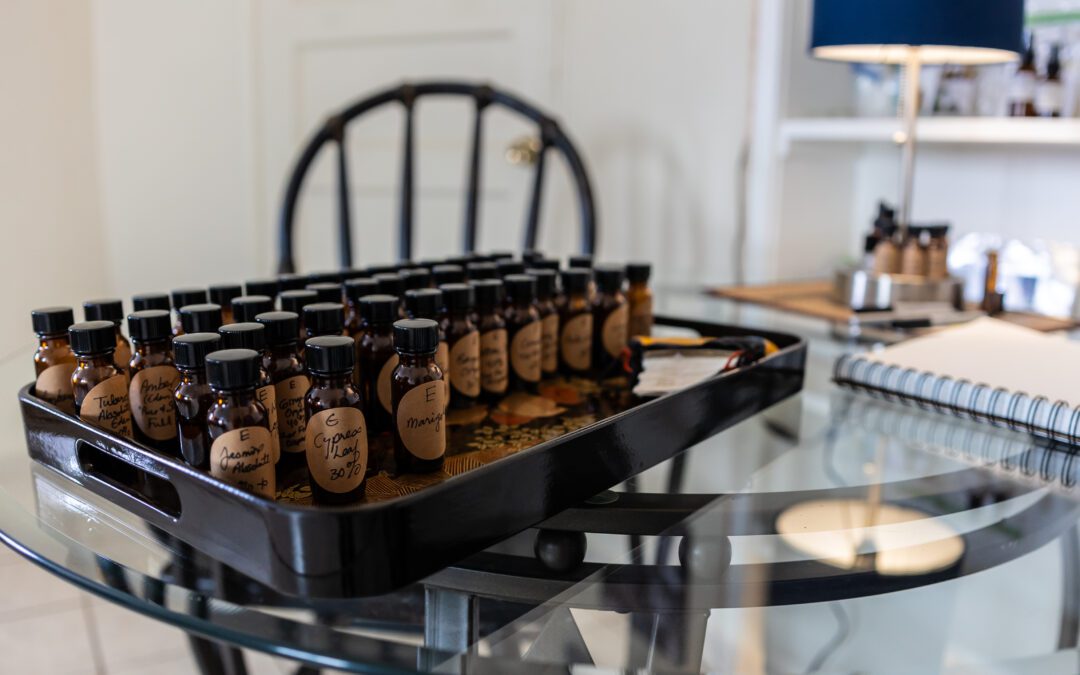
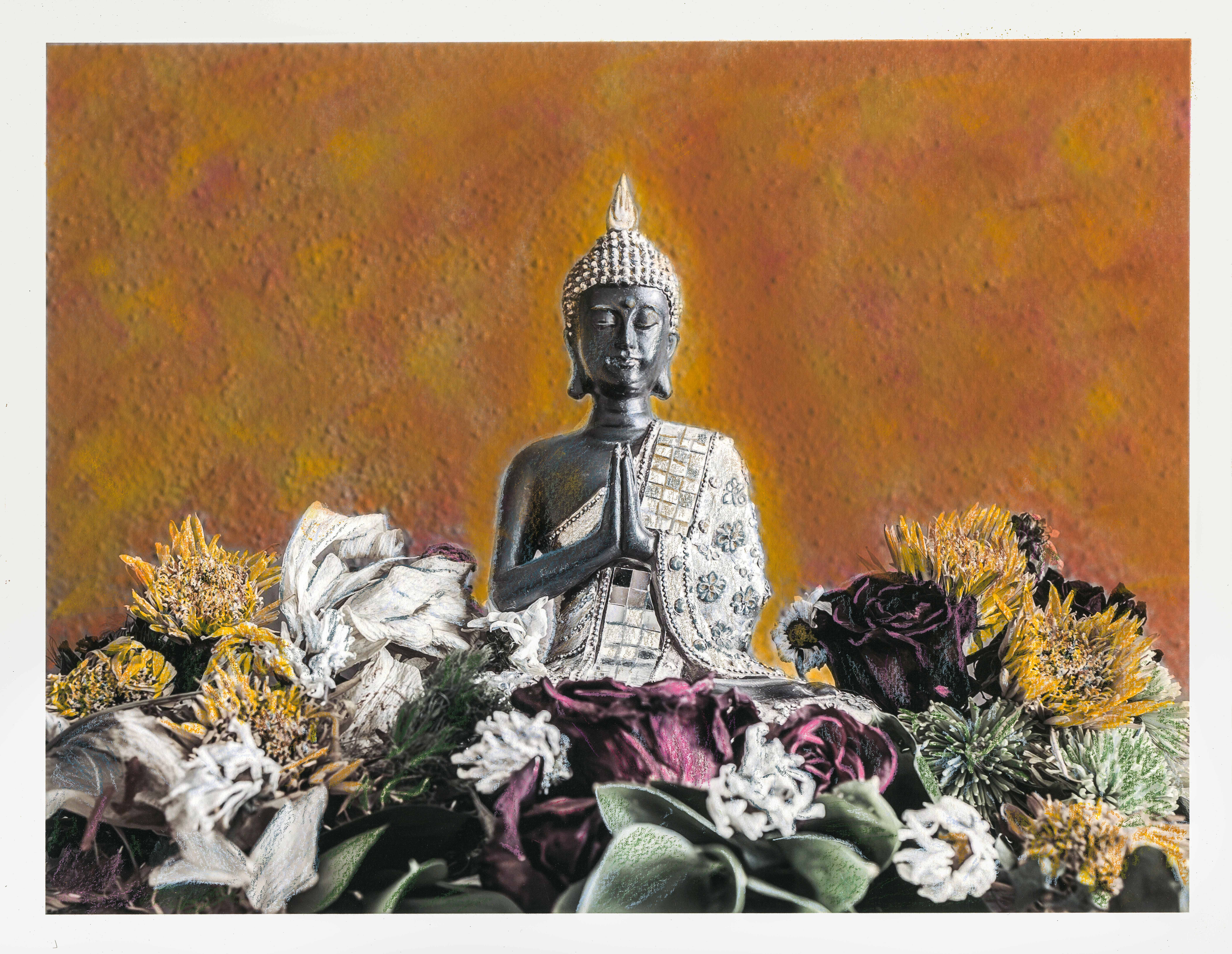

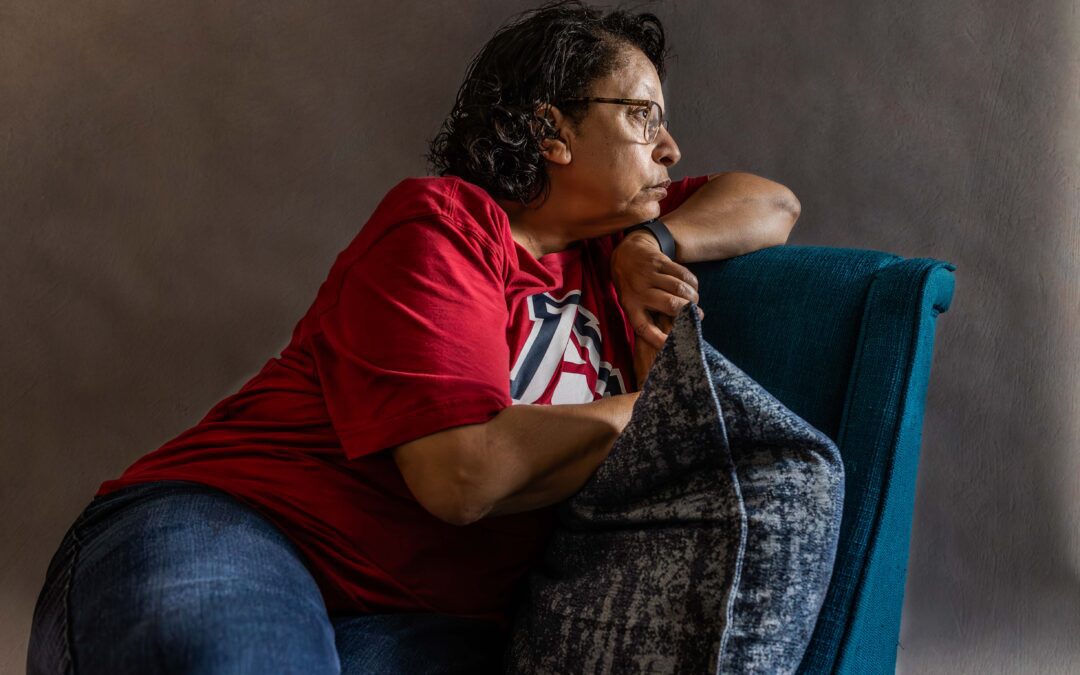
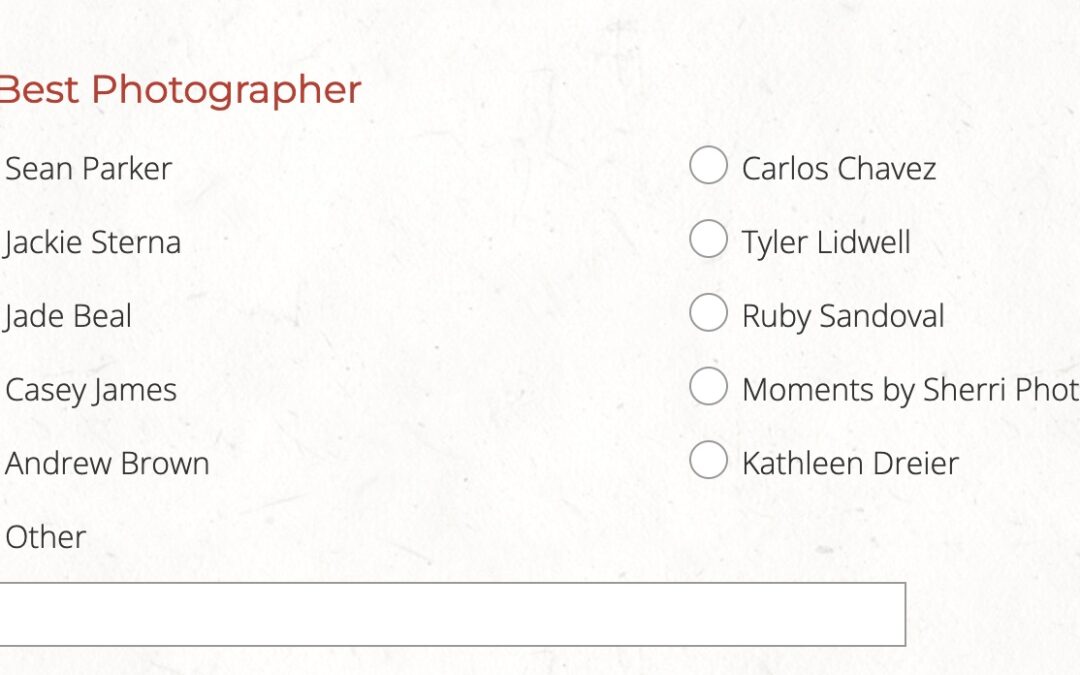
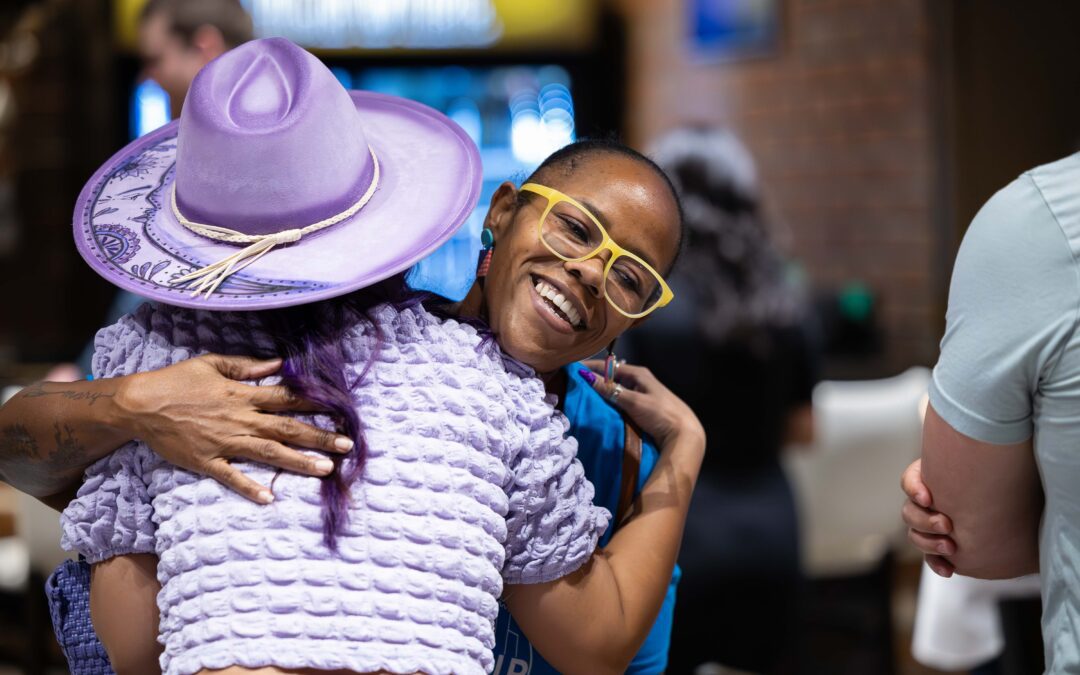
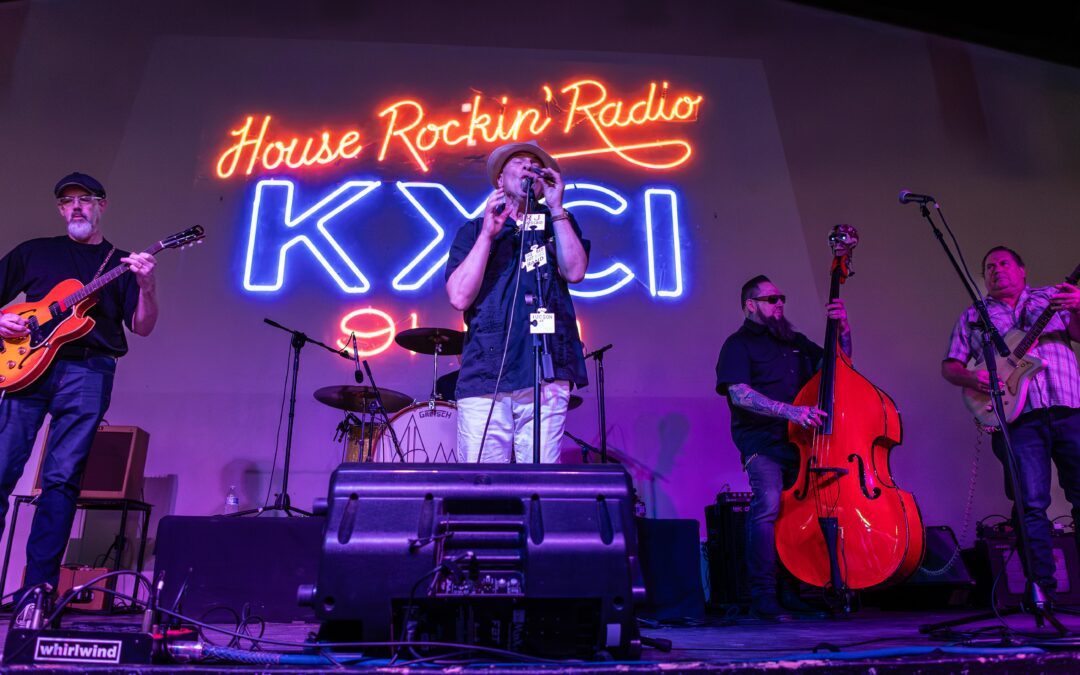
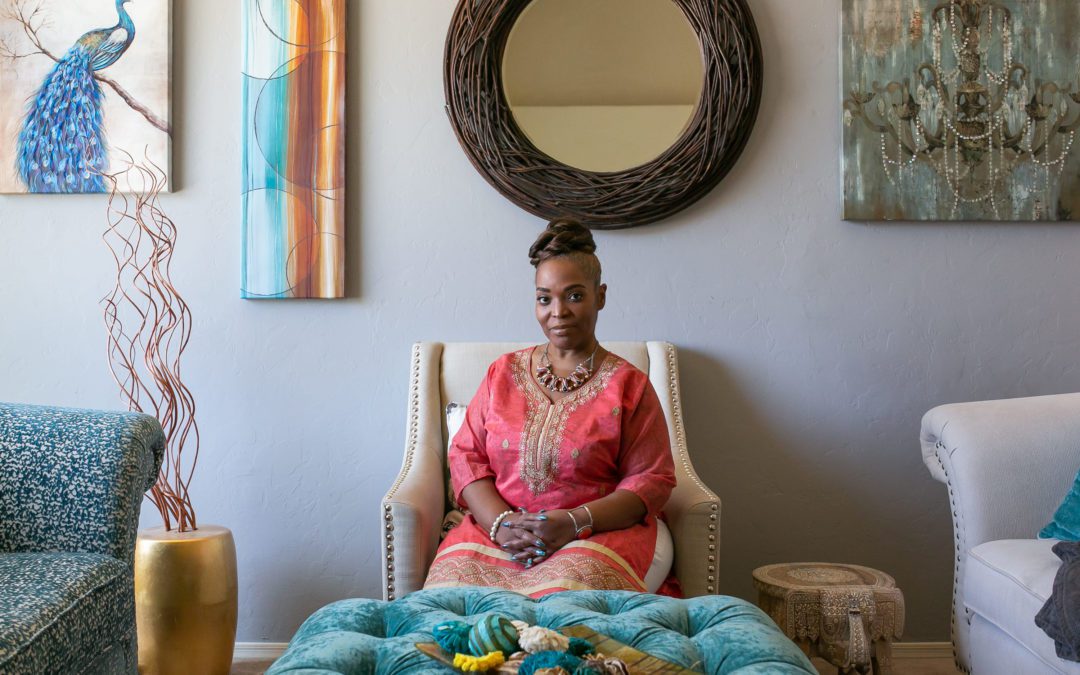
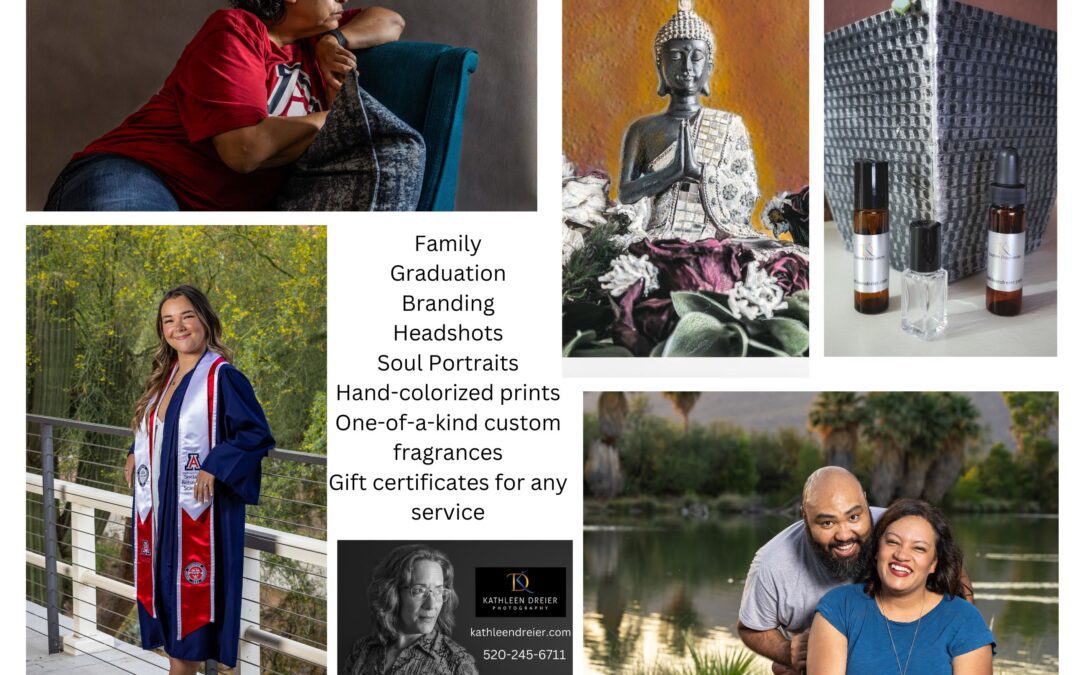

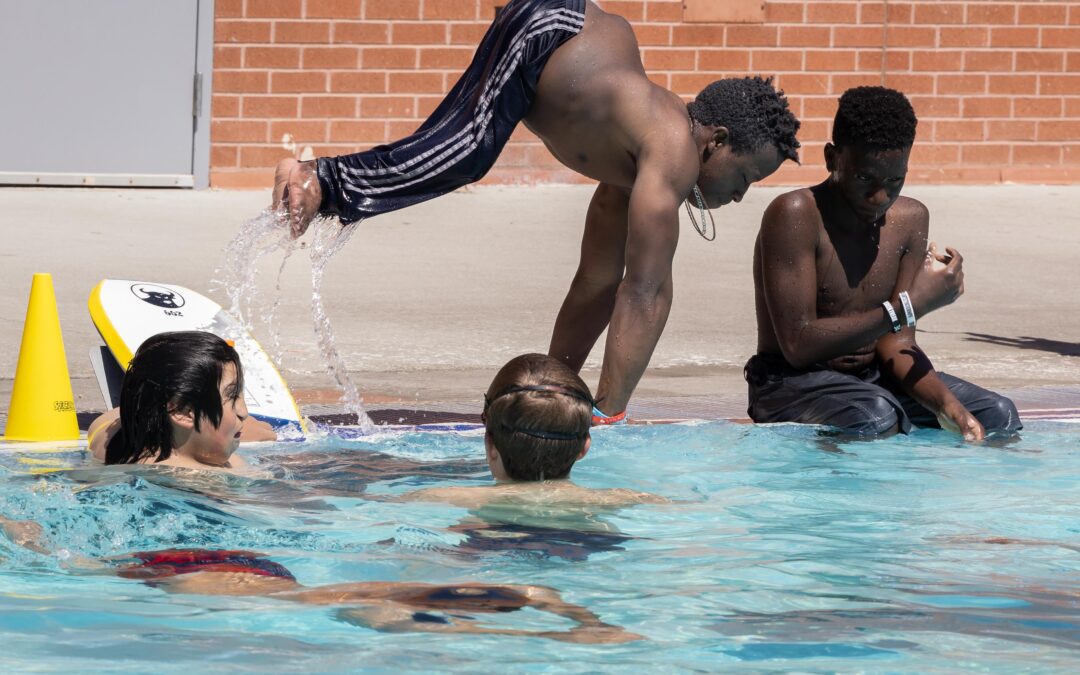
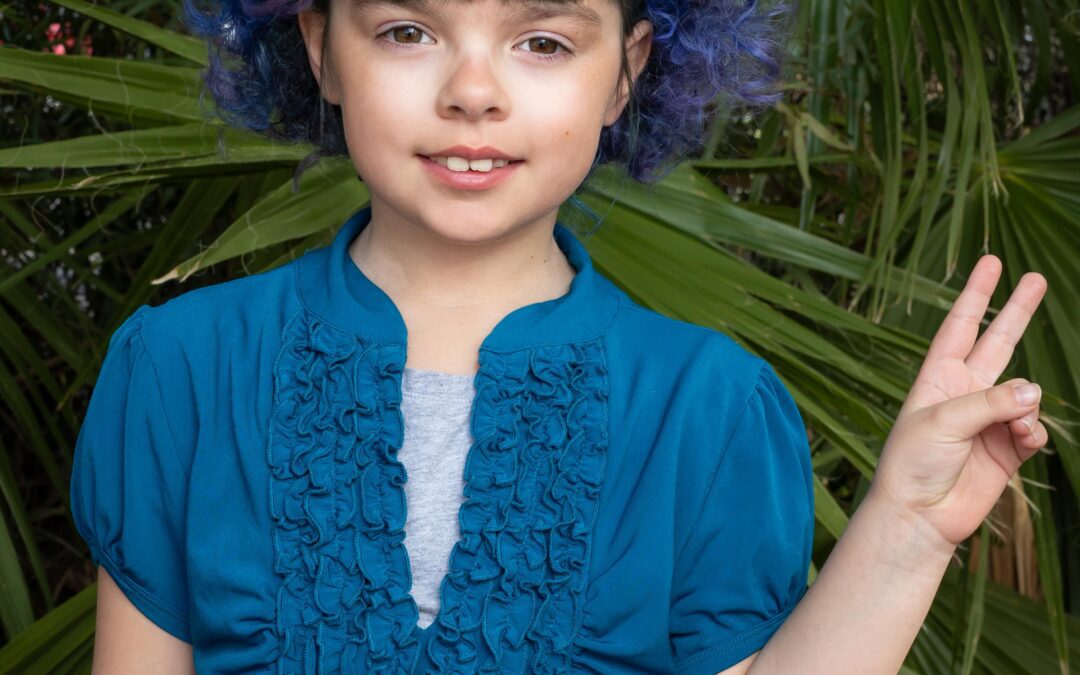





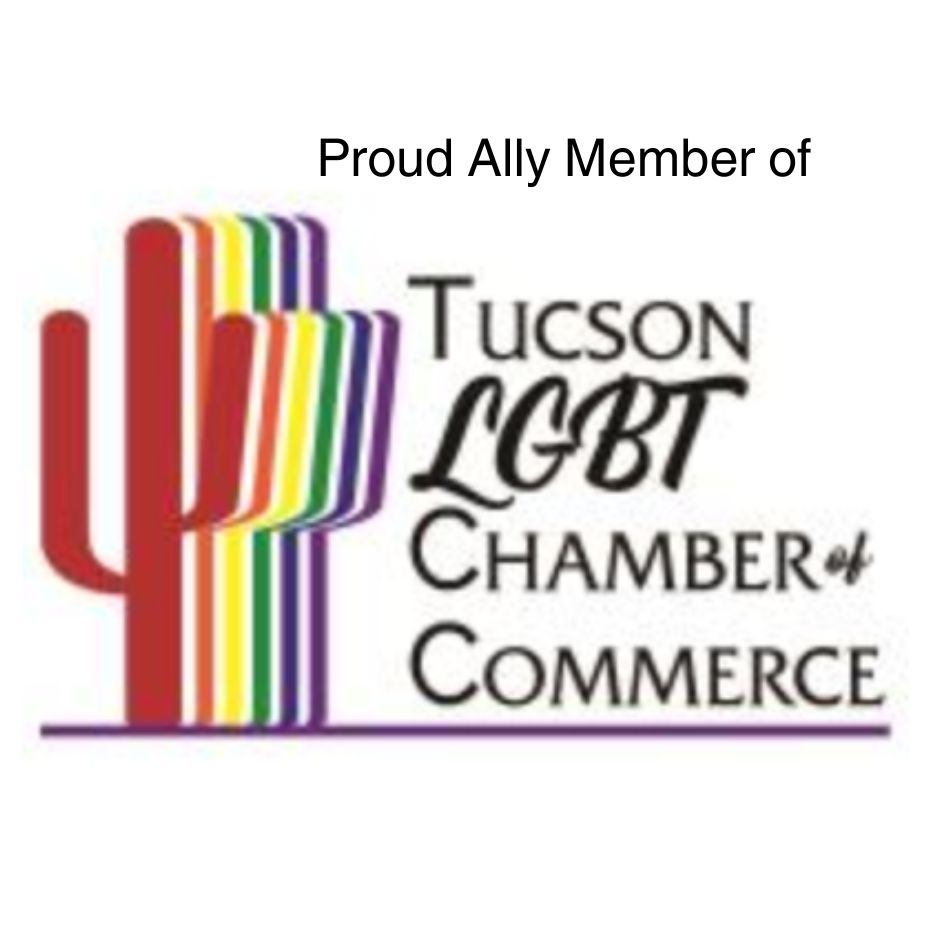
0 Comments